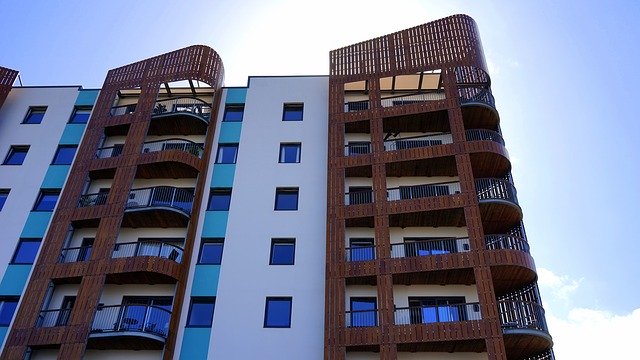Commonhold was introduced in 2004 but more than 15 years on there are still fewer than 20 registered commonholds in England and Wales. The Law Commission’s report on reinvigorating commonhold as an alternative to leasehold ownership is expected in Spring this year.
Commonhold is an alternative ownership structure to leasehold by which individual flat owners own the freehold of their flat and have a right to become a member of a Commonhold Association which owns and manages the common parts of the building.
The Commonhold Association is a company limited by guarantee and all flat owners (called ‘unit holders’) can become members of the association. The rules of the association include some standardised rules that apply to all commonholds and any specific rules that the members agree on. Individual unit holders must comply with the association rules in relation to the common parts but have greater freedom over their own flat.
On paper, commonhold has a lot of advantages over leasehold ownership:
- Leaseholds depreciate over time and tenants must often pay a premium to extend their leases, but commonholds last forever.
- Unit holders do not need permission if they want to sell their flat and can dispose of the freehold of the flat without any restrictions.
- If a tenant breaches the terms of a lease it faces a draconian threat of forfeiture from the landlord, but such threats don’t exist in commonhold arrangements.
- Under commonhold, the complicated provisions for service charge in leases are replaced by more standardised procedures for ‘commonhold assessment’, which avoids the difficulties which can occur when tenants of a building have inconsistent service charge provisions in their leases.
Despite these advantages, commonhold remains unpopular and there has been limited take up in transferring existing developments to commonhold or in creating new commonhold developments.
Several reasons have been cited for the failure of commonhold to take off including reluctance by mortgage lenders to lend on commonhold units and a lack of awareness amongst property advisors.
One of the perceived problems with commonhold is that it depends on unit holders co-operating and being willing to participate in property management. In reality, property owners in leasehold arrangements are often reluctant to take on property management roles.
The consultation is also examining the criticism of commonhold that it does not offer a realistic means by which Commonhold Associations can enforce the rules if unit holders do not comply. As it stands, Commonhold Associations must sue unit holders who do not pay what they owe, which is in some people’s view too restrictive.
Other criticisms of commonhold suggest the legislation is ‘incomplete’ in its dealing with dispute resolution. Commonhold has an inbuilt procedure for dispute resolution that includes an opportunity for disputes to be referred to an ombudsman, but no ombudsman has ever been created.
The biggest issue for the consultation is the limited evidence available of how commonhold works in practice, because so few exist. What is clear from what we know so far is that voluntary take-up is unlikely to improve, so incentive or compulsory participation are likely to be needed before commonhold becomes commonplace!

 Stephanie Newton
Stephanie Newton